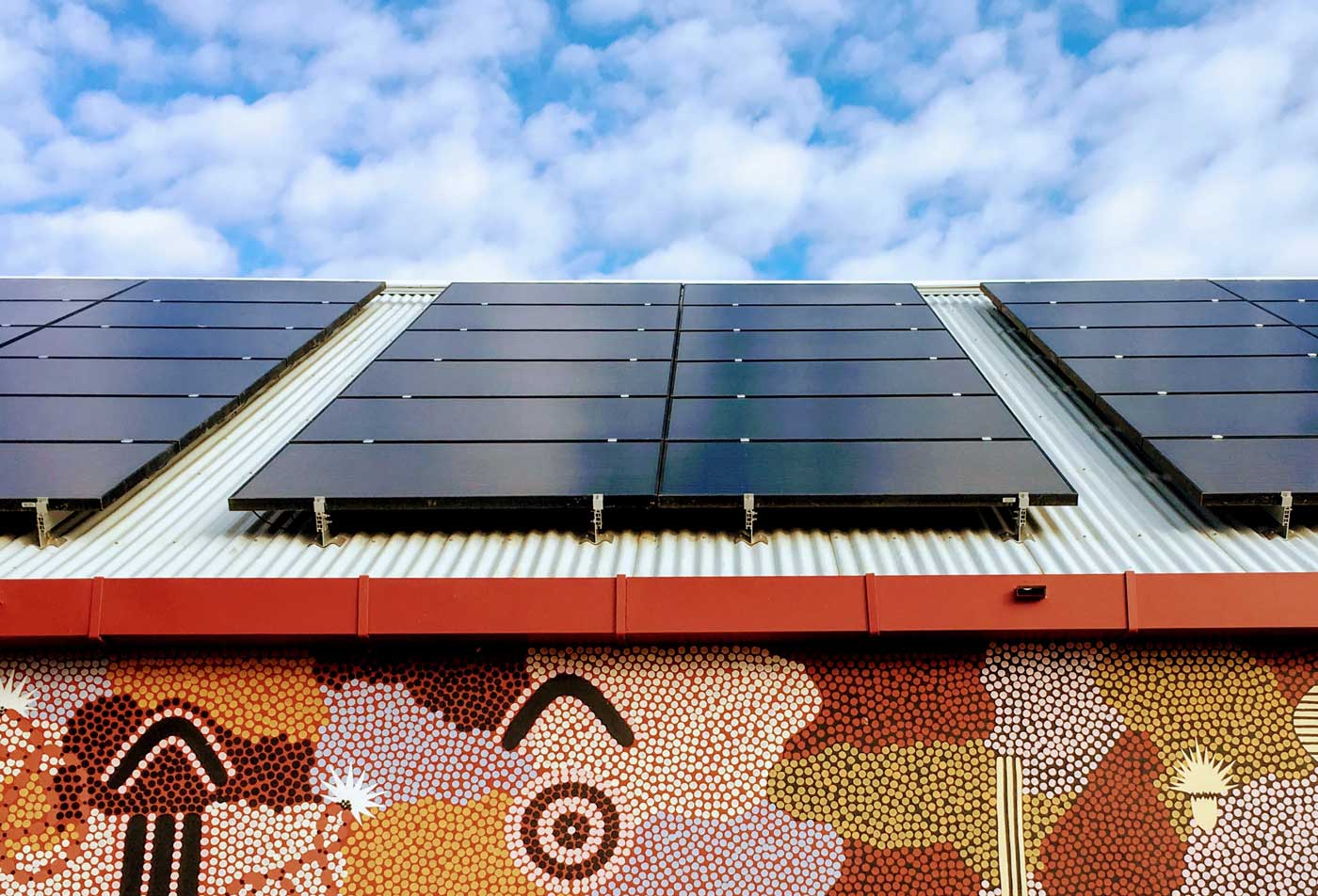Why Are Hot Solar Panels Less Efficient

A solar panel can produce more when the sun is high in the sky and will produce less in cloudy conditions or when the sun is low in the sky.
Why are hot solar panels less efficient. At that point for every degree increase in temperature above 77 degrees a solar panel loses efficiency by the rate of its temperature coefficient. Solar panels work by using incoming photons to excite electrons in a semiconductor to a higher energy level. As the temperature of the solar panel increases its output current increases exponentially while the voltage output is reduced linearly. But the hotter the panel is the greater the number of electrons that are already in the excited state.
The sun is lower in the sky in the winter. In some applications like solar cars satellites lighting and electronic devices size will matter as the space availability is limited and each inch of the panel needs to produce the maximum. However solar panels can get as hot as 65 c 149 f at which point solar cell efficiency will be hindered. Usually solar panels are exposed to sunlight for longer than this in a given day but the solar irradiance is less than 1000 w m 2 for most of the day.
Time to do some math. Photovoltaic modules are tested at a temperature of 25 degrees c stc about 77 degrees f and depending on their installed location heat can reduce output efficiency by 10 25. So the question that arises is does solar panel efficiency matter. Generally solar panels don t begin to lose efficiency until their temperature rises to 77 degrees.
Install factors like how close the panels are installed to the roof can impact the typical heat of your solar system. The difference lies in the size of the panel lower efficiency panels require more space to produce the same power output.


















